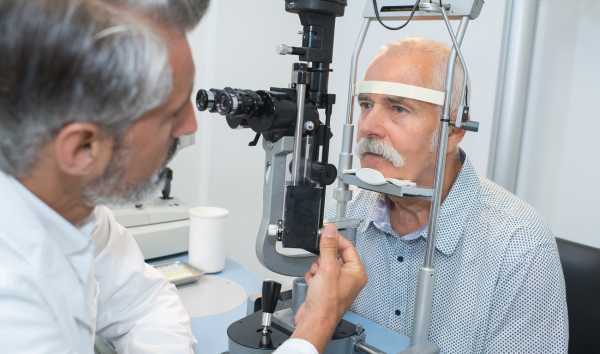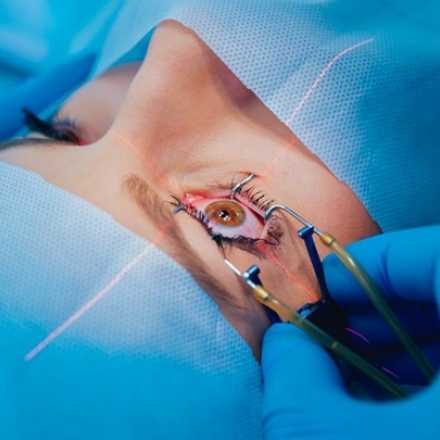
Patient evaluation for Lasik eye Surgery
Patient evaluation for lasik is done at the doctor clinic and it is very important because not every one is a good candidate for lasik surgery.
Before you visit your eye doctor for lasik surgery, it would be better for you to have a general concept about the surgery, to be able to interact with your surgeon and to avoid serious complications.
You can either learn from the web or from relatives who had this surgery or from free seminars that are held in the clinics which will give you a good and general concept about the surgery. You should let the doctor know what your goals from the lasik surgery.
Patient evaluation consists mainly of asking about the occupation, full medical history and ocular examination.
Occupation
If your occupation involve greater risk of trauma to face and eyes such as armed force or police or if you involve in sports like martial arts or boxing, it will be recommended for you to have PRK because there will be high risk of corneal flap dislocation in case you had lasik.
Some professional associations and divisions of the military do not support refractive procedures. In this case you should approve the operation with your employer before making an appointment for LASIK.
Medical History
General or Systematic Health
Fist part of patient evaluation is to ask about the general health. Certain diseases will increase the risk of complications of refractive surgery. Collagen diseases or autoimmune diseases like SLE (systemic lupus erythematous) and Rheumatoid arthritis will affect the healing process of cornea post surgery. Read more about General Health
Medications
Patients on medications that will affect the corneal healing process like Retinoic and Steroids. Isotretinoin or Accutane is a medication that used for treatment of acne. Read more about medications that affect lasik
Ocular History
Your doctor will ask you about your ocular diseases and corneal infections, what eye drops you are on, any previous ocular surgeries and if you use glasses or contact lenses. Read more about ocular history
Patient age
Age patient should be at least 18 years. Because after 18 the refractive power of the eye will be stabilized. Patient older than 40, who does not need reading glass for near. He should know the possibility of reading difficulty after lasik surgery and the need of glasses for reading and near tasks. He should accept this fact prior to surgery.
Patient older than 40 and who is presbyopia with the need of glasses for reading and near facts, should have the option of choosing of monovision (which is correction for distance in one eye, while the other eye for near) or he can choose of using reading glasses for reading.
Ocular Examination
The next important step in patient evaluation is accurate ocular examination.
In order to know if you are a good candidate for lasik surgery, your doctor will perform ocular examinations and other tests. Read more about ocular examination.
After Ocular Examination
After your doctor finish ocular examination he or she will discuss with you:
1- Whether you are a good candidate for Lasik.
2- What are the risks, benefits, and alternatives of the surgery?
For example how you will handle presbyopia which occurs during the patient's 40s and lasik will not treat or correct it and if you are older than 40 with presbyopia you will know about the option of monovision which is one eye is corrected for near vision while the another eye is corrected for far vision.
3- What you should expect before, during, and after surgery.
4- What your responsibilities will be before, during, and after surgery.
5- After deciding on a treatment option, you will be required to sign an informed consent form.






